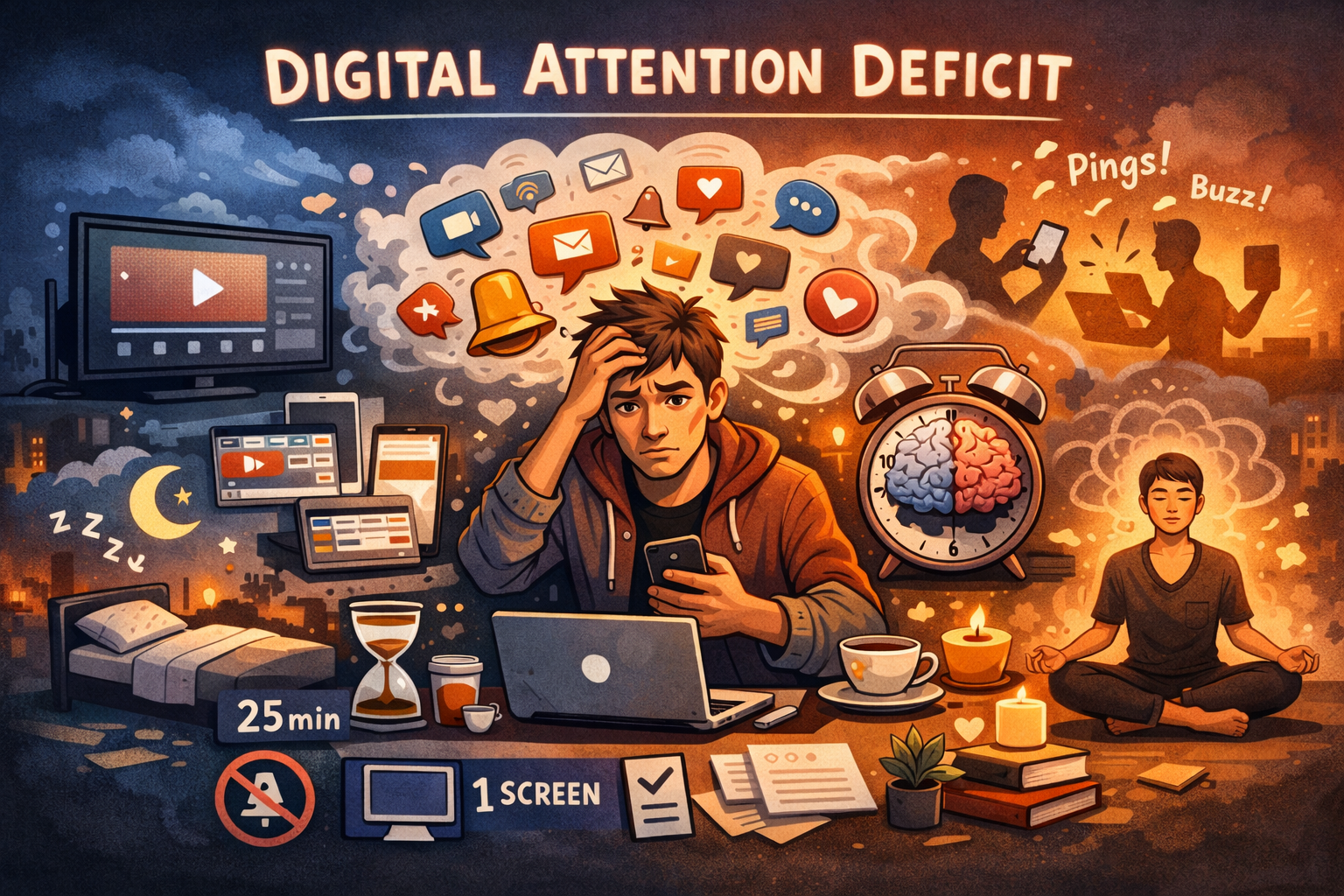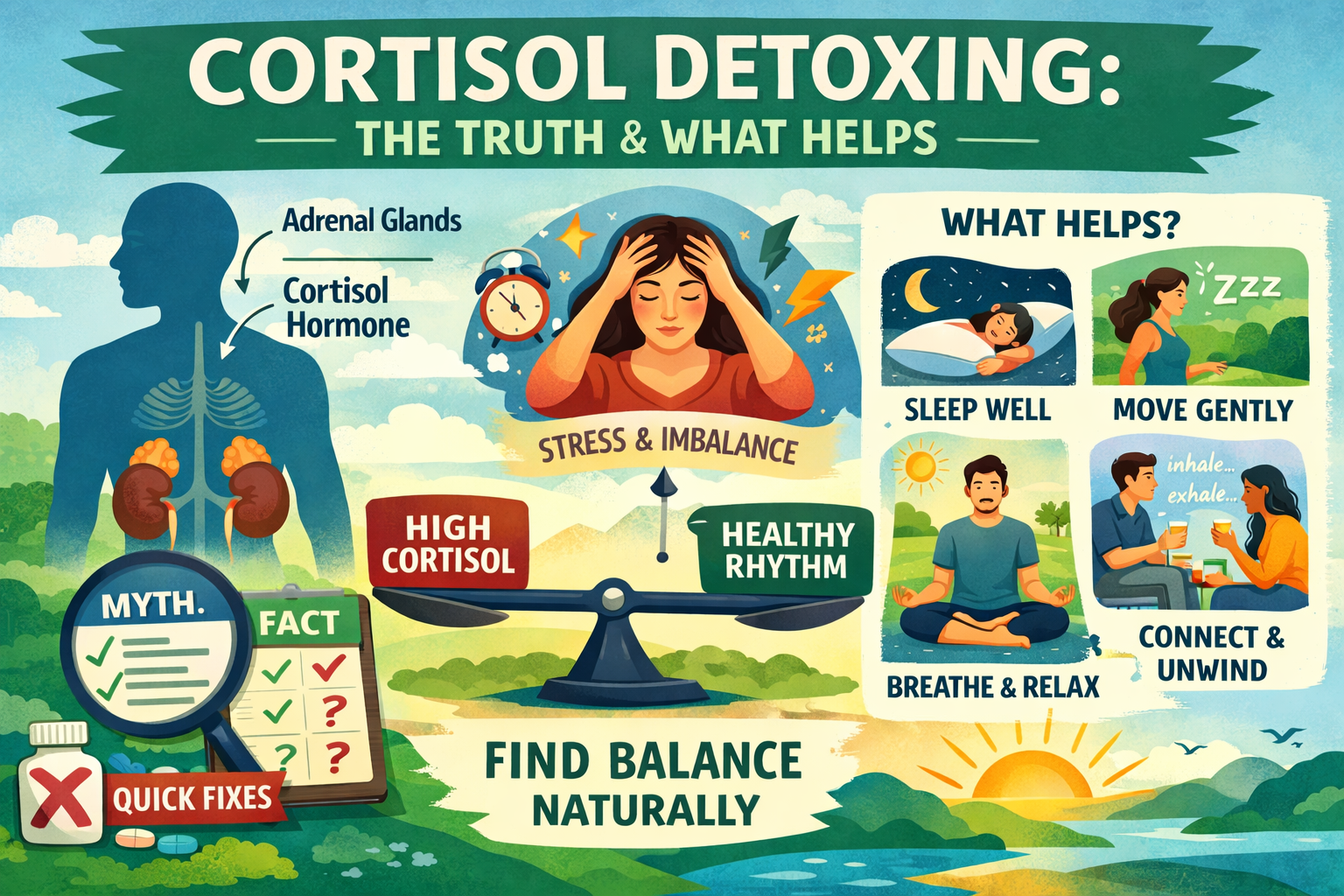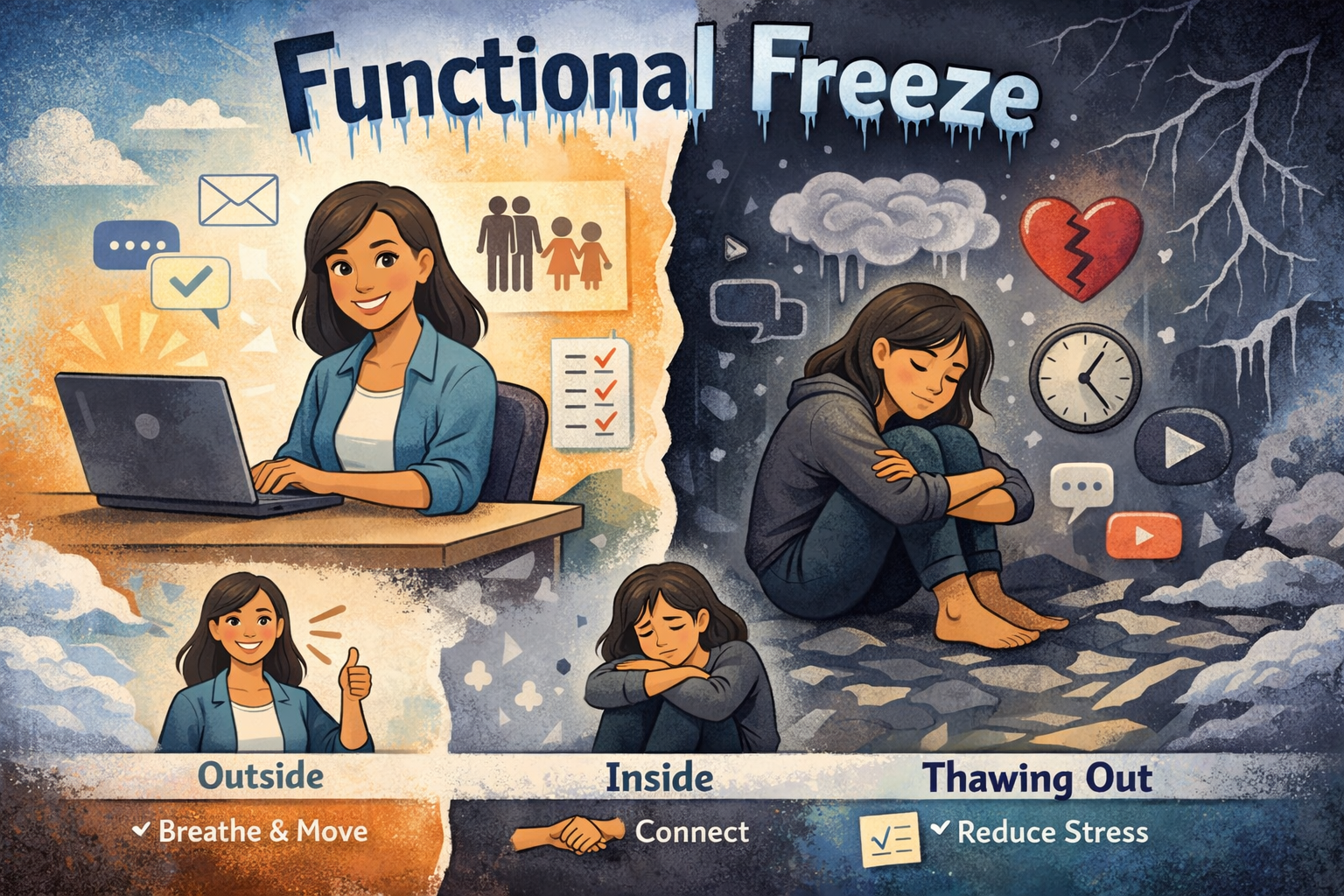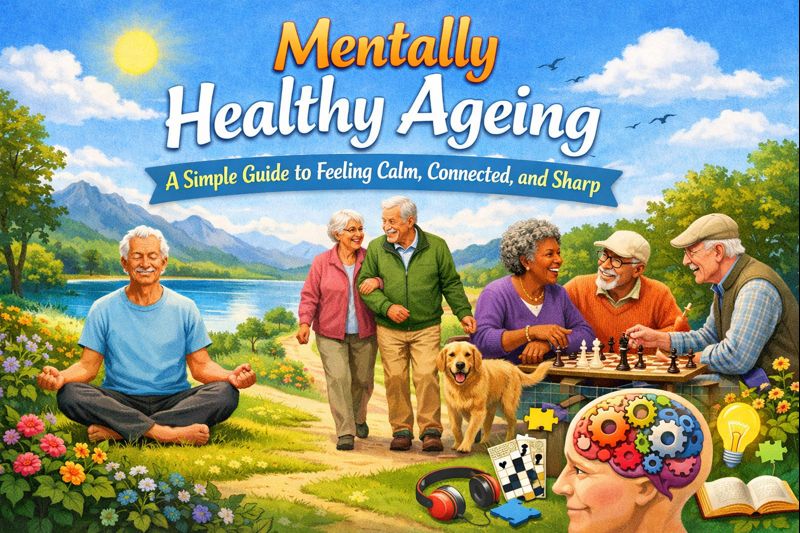(You can unlock the power of being alone by enjoying the solitude)
Introduction
Many of us love to keep ourselves busy, often to the detriment of our health. For some, busyness is unavoidable because it is tied to their livelihood, especially for those who are economically disadvantaged. For others, being busy is a sign of success. However, how busy we choose to be is often within our control.
Poor time management is a common reason for excessive busyness. Some people are unaware of how they waste or mismanage their time, or they want to appear busy to avoid seeming lazy or unimportant. In our fast-paced, materialistic world, success is often measured by wealth, status, and social power. We tend to view busyness as a positive attribute and a symbol of a successful life, linked to our personal development and self-worth.
Being busy is not inherently problematic, but it becomes a serious issue when it leads to chronic stress. There is a correlation between busyness and stress, and they often overlap. Managing stress requires a change in mindset. We must recognize that excessive busyness is harmful to our health and practice proper time management and prioritization.
The Joys of Solitude
Solitude is often misunderstood and sometimes stigmatized in a society that values social interaction and connectivity. However, solitude is not synonymous with loneliness. It is a state of being alone without feeling lonely, allowing individuals to reconnect with themselves and their surroundings.
Rediscovering Yourself
Spending time alone provides an opportunity for introspection and self-discovery. Without external distractions, you can explore your thoughts, feelings, and desires more deeply. This self-awareness can lead to personal growth and a better understanding of your true self.
Creative Ideas and Inspiration
Many artists, writers, and thinkers have found inspiration in solitude. The quiet and peace of being alone can stimulate creativity and allow for the free flow of ideas. When you’re not distracted by the hustle and bustle of everyday life, you can tap into your creative potential more easily.
The Art of Doing Nothing
Learning to do less or even nothing at times is crucial. Doing nothing can be more challenging than staying busy, especially when we have unproductive or wasteful tasks to distract us. Many people find it difficult to sit alone and observe their thoughts or breathing. Fear of facing our thoughts often drives us to keep busy, failing to distinguish between busyness and chronic stress.
Solitude can be uncomfortable for many, and some people struggle to spend even a few minutes alone. They are conditioned to remain busy and create tasks when none exist. Learning to enjoy our own company and observe our thoughts without judgment can be difficult, but it is essential to manage stress.
Mindfulness
‘Doing nothing’ can be more troublesome than doing something, but the key to comfort in solitude lies in mindfulness. By practicing mindfulness-based meditation, we can remain alone and start enjoying our thoughts. Mindfulness involves being present in the moment and observing our thoughts in a non-judgmental way.
This practice doesn’t mean sitting quietly and getting lost in thoughts. Instead, we should observe our thoughts without judgment, allowing them to come and go. This state of mindfulness increases our awareness of our thoughts and ourselves, helping us manage stress levels. Doing nothing has many mental health benefits. Practicing mindfulness daily can significantly reduce mental stress.
Mindfulness is the practice of paying attention to the present moment without judgment. It’s about observing your thoughts and feelings as they arise, without getting caught up in them. Imagine yourself sitting quietly, focusing on the sensation of your breath entering and leaving your nostrils. You might notice a thought pop into your head, but instead of dwelling on it, you simply acknowledge it and gently guide your attention back to your breath. With regular practice, mindfulness can reduce stress, improve focus, and enhance your overall well-being.
The Practice of Niksen
In the Netherlands, people practice ‘Niksen,’ which means doing nothing. Niksen is the art of switching off, being idle, and taking time for oneself without purpose. During mindfulness meditation, we observe our thoughts non-judgmentally and stay present. Similarly, Niksen involves taking time to sit quietly and observe the surrounding environment, listen to music, or enjoy a leisurely walk.
Unlike mindfulness meditation, which involves focused attention on your breath or internal state, Niksen is about embracing a more open and diffused awareness. You might gaze out a window, letting your thoughts drift by like clouds in the sky. The key is to avoid getting caught up in mental planning or analysis. Instead, simply allow yourself to be present in the moment, absorbing sights, sounds, and sensations without judgment.
Niksen can be practiced anywhere, anytime. Take a break from your workday to stare at the clouds, savor a cup of tea without distraction, or go for a walk-in nature without any particular destination in mind. By intentionally carving out space for purposeless activity, Niksen allows your mind to de-clutter and recharge. This, in turn, can boost creativity, improve focus, and help you return to your tasks with renewed energy and a calmer perspective.
Niksen has gained popularity as an effective remedy for stress and anxiety. Despite improvements in physical health and life expectancy, the quality of life is declining due to increasing lifestyle diseases and mental stress. Society as a whole is experiencing psychological distress, and many of us avoid solitude and meditation by keeping busy.
Takeaway
Embracing solitude and spending time alone in nature can offer numerous benefits for your mental health and overall well-being. From reducing stress and anxiety to boosting creativity and productivity, these moments of solitude can be transformative. By incorporating regular “alone time” in natural settings, you can reconnect with yourself, find peace, and improve your quality of life. Remember, solitude is not about being lonely; it’s about finding joy and contentment in your own company. By prioritizing these peaceful moments, you can create a balanced, fulfilling life that nurtures both your mind and spirit.














